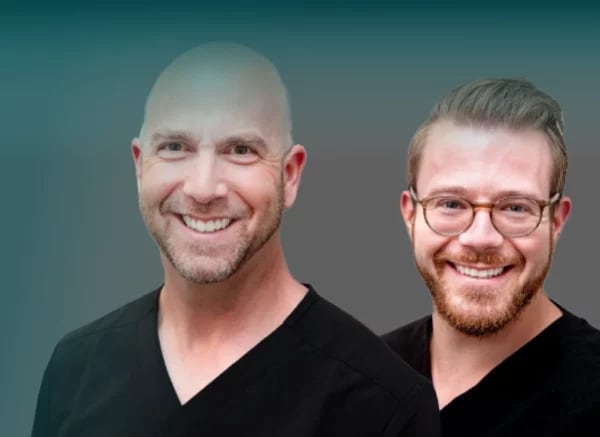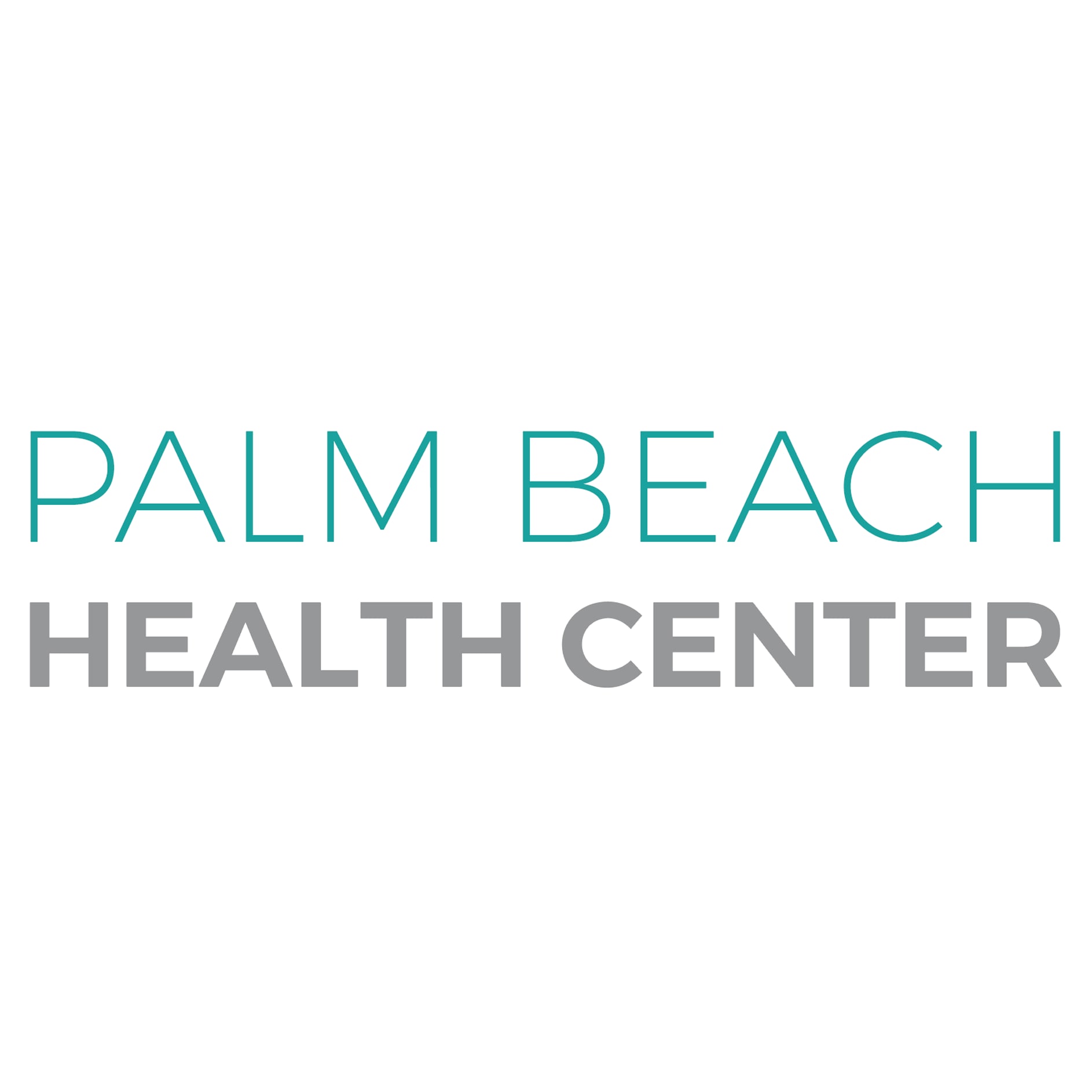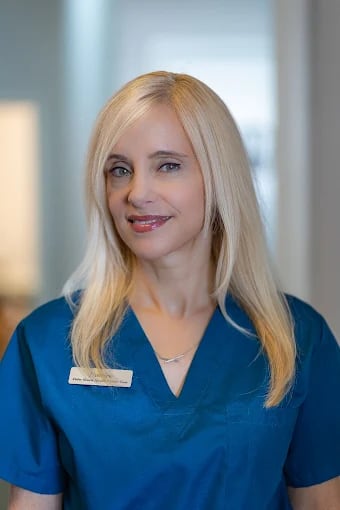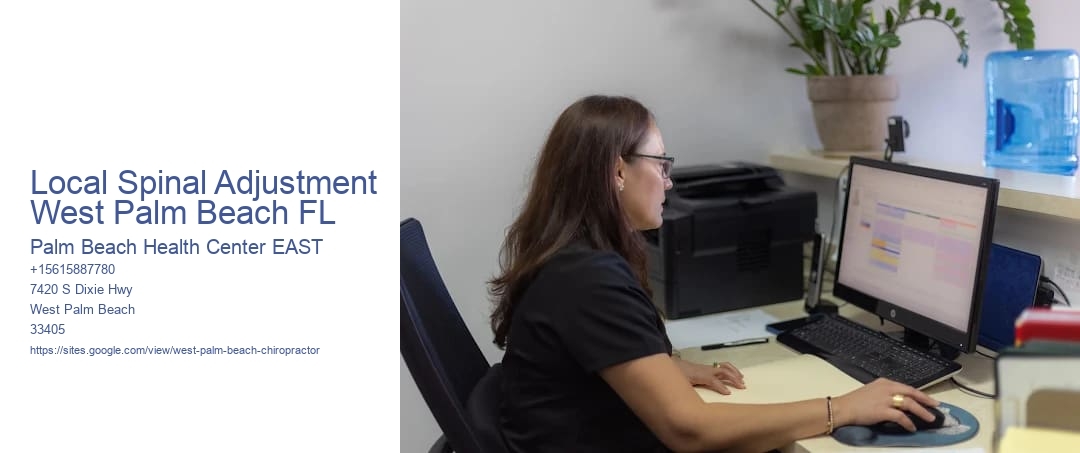Alternative medicine describes practices that aim to accomplish the healing impacts of standard medicine, yet that usually do not have biological plausibility, testability, repeatability, or supporting proof of performance. Such methods are generally not part of evidence-based medication. Unlike modern-day medication, which employs the clinical approach to check plausible treatments by way of liable and moral clinical trials, producing repeatable evidence of either impact or of no impact, alternative treatments stay outside of mainstream medication and do not stem from making use of the clinical approach, but instead rely on testimonials, stories, faith, tradition, superstition, idea in supernatural "energies", pseudoscience, mistakes in reasoning, propaganda, scams, or various other unscientific sources. Frequently made use of terms for appropriate methods are Brand-new Age medication, pseudo-medicine, unconventional medication, alternative medicine, edge medicine, and unusual medicine, with little difference from quackery. Some alternative techniques are based upon concepts that negate the well-known science of just how the human body works; others appeal to the mythological or superstitious notions to describe their impact or lack thereof. In others, the technique has plausibility yet does not have a favorable danger–-- benefit end result chance. Research right into different treatments frequently falls short to adhere to correct research procedures (such as placebo-controlled tests, blind experiments and computation of previous possibility), offering void outcomes. History has revealed that if a method is confirmed to function, it at some point stops to be alternative and becomes mainstream medication. Much of the perceived result of an alternative practice develops from a belief that it will certainly be effective, the placebo result, or from the treated condition settling on its own (the natural course of disease). This is additional exacerbated by the propensity to turn to different treatments upon the failing of medicine, whereupon the condition will go to its worst and probably to automatically boost. In the lack of this predisposition, particularly for illness that are not anticipated to improve by themselves such as cancer cells or HIV infection, numerous studies have actually revealed substantially worse results if clients transform to different therapies. While this might be due to the fact that these people avoid reliable therapy, some different treatments are proactively damaging (e. g. cyanide poisoning from amygdalin, or the willful intake of hydrogen peroxide) or actively disrupt effective therapies. The alternative medicine market is a highly rewarding market with a solid entrance hall, and deals with much much less policy over the usage and marketing of unverified therapies. Corresponding medication (CENTIMETERS), complementary and natural medicine (CAMERA), incorporated medicine or integrative medicine (IM), and all natural medicine attempt to incorporate alternate experiment those of mainstream medication. Traditional medication practices become "alternative" when utilized outside their original setups and without correct scientific description and evidence. Different techniques are typically marketed as even more "natural" or "holistic" than approaches offered by clinical scientific research, that is occasionally derogatorily called "Huge Pharma" by advocates of natural medicine. Billions of dollars have actually been spent studying alternative medicine, with few or no positive results and lots of techniques extensively disproven.
.



